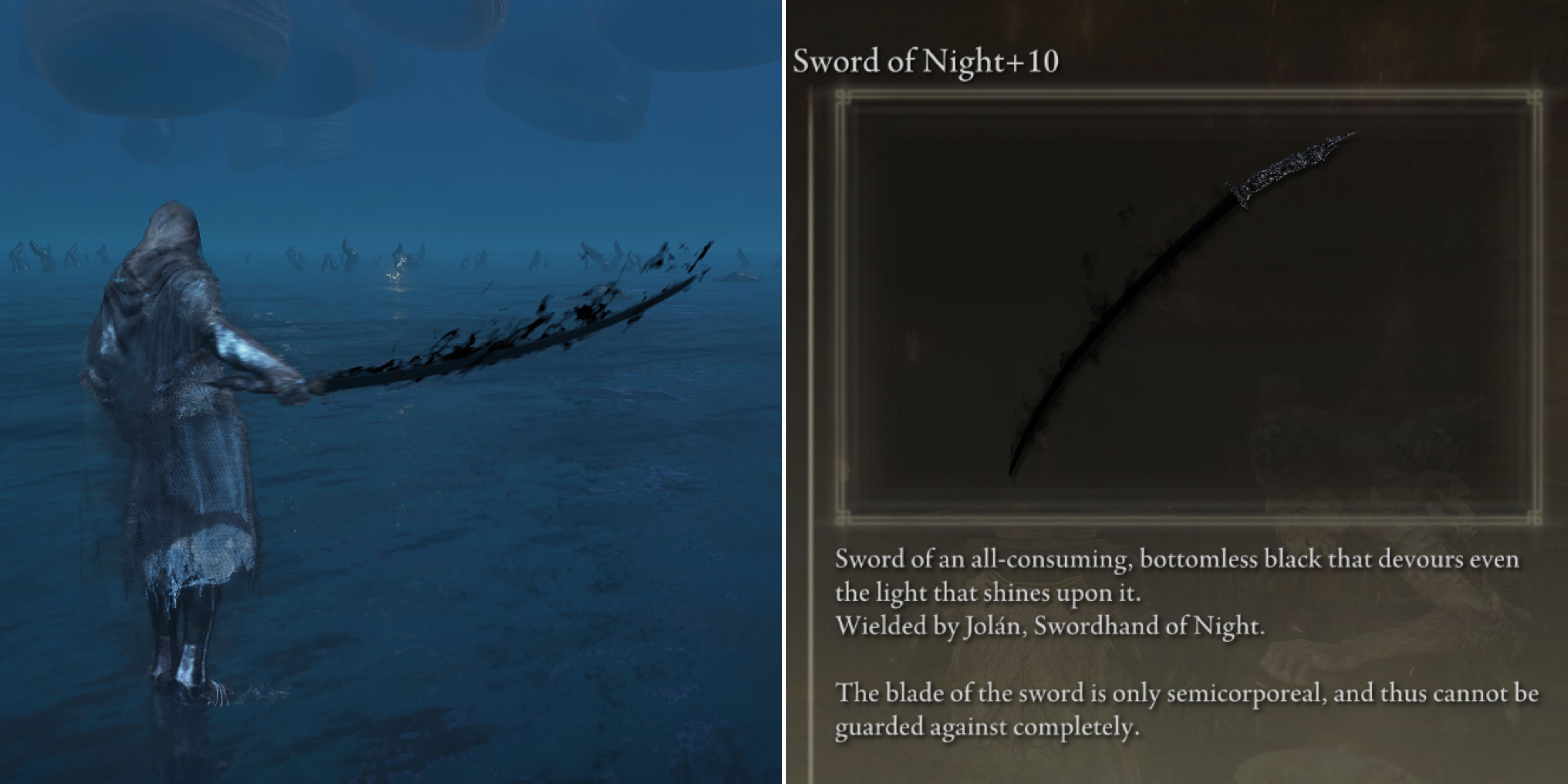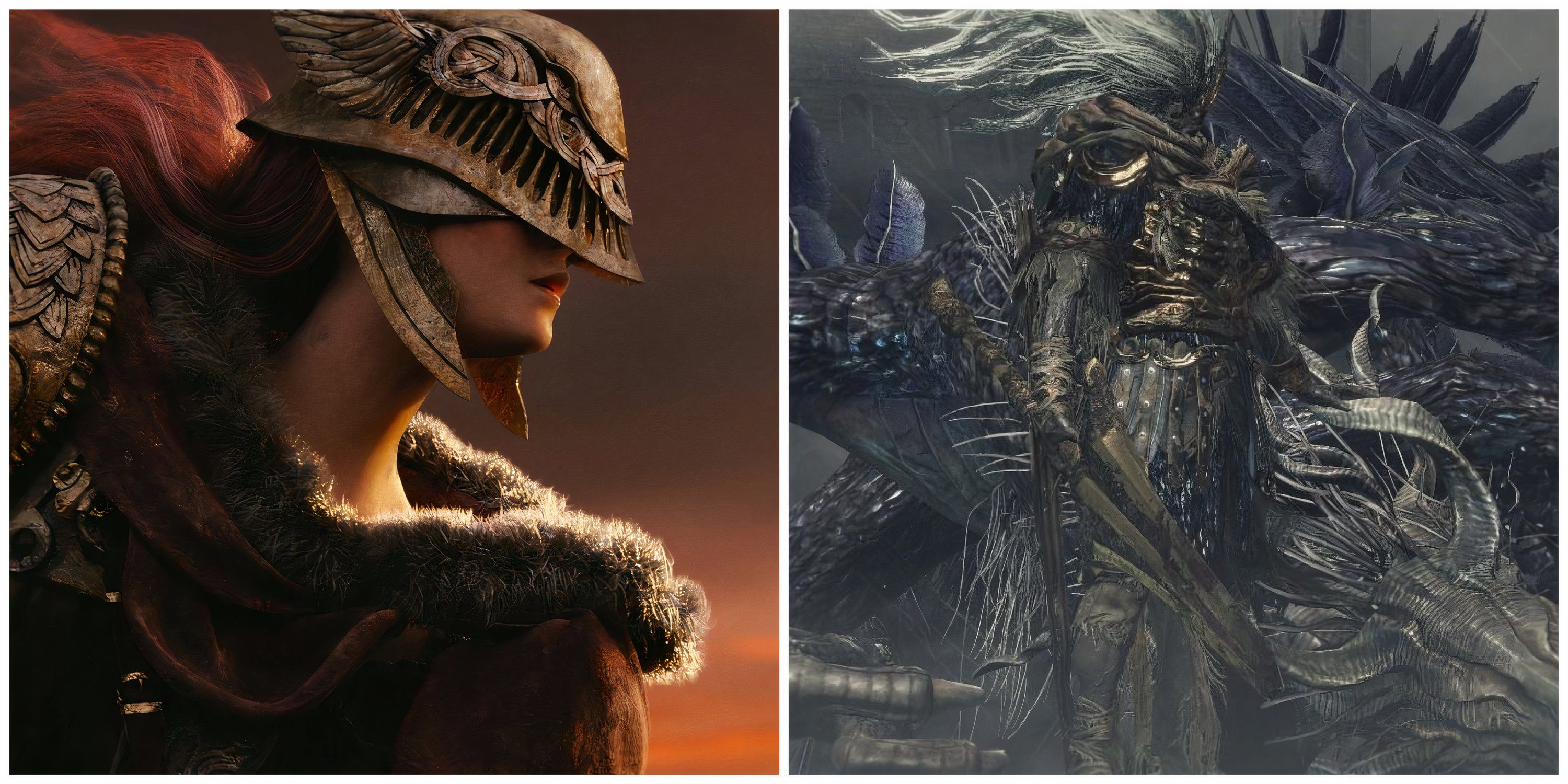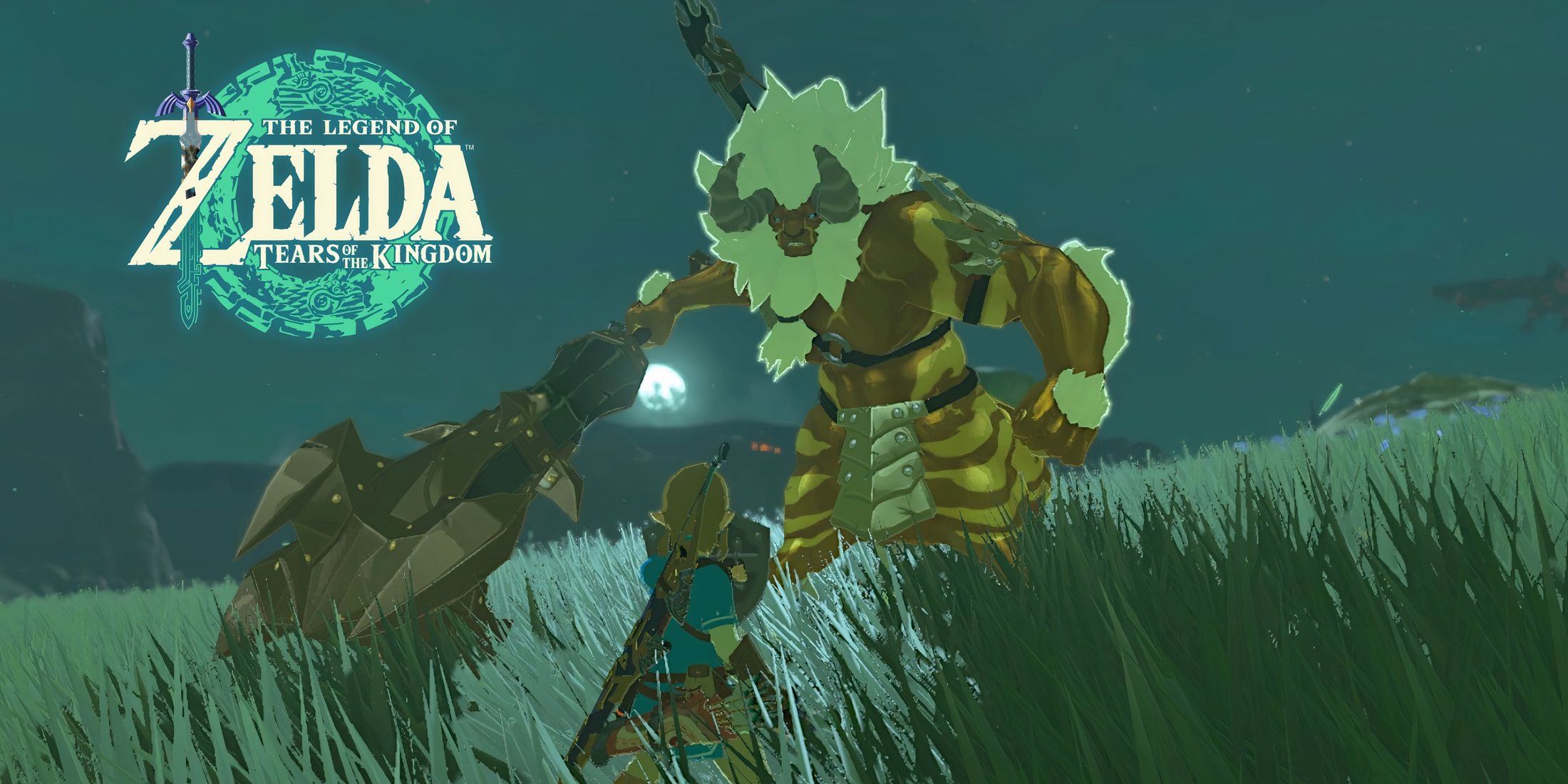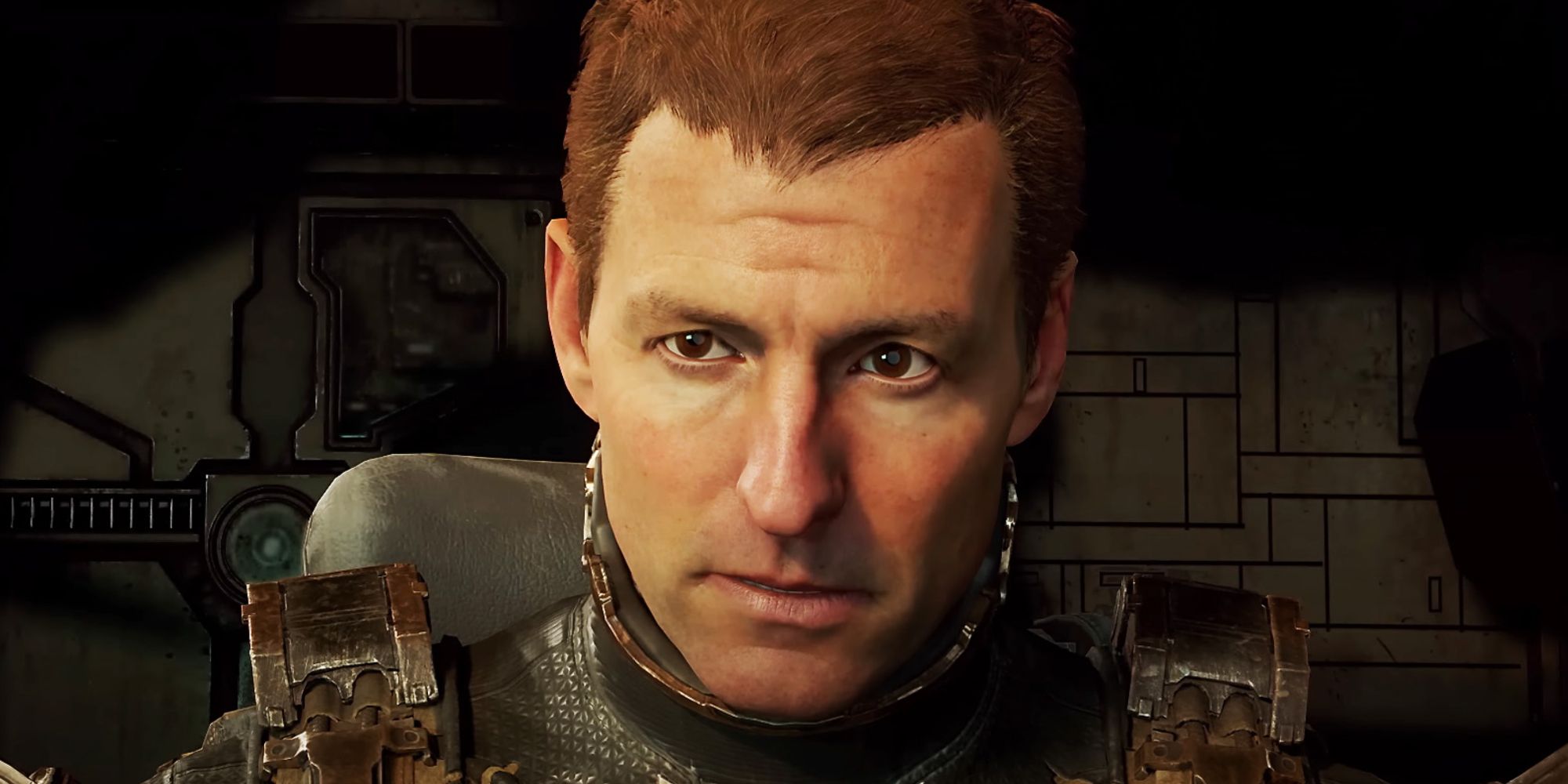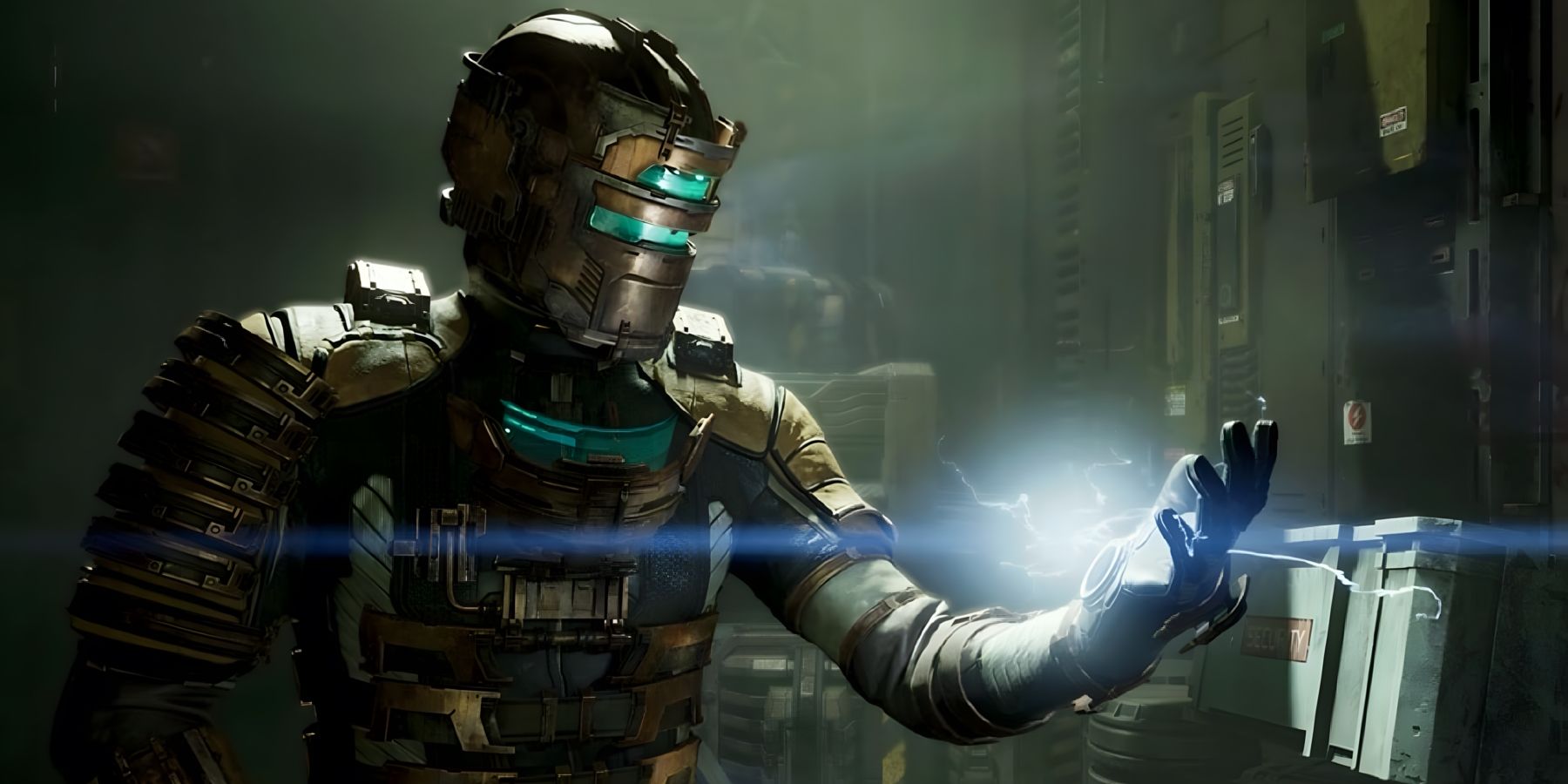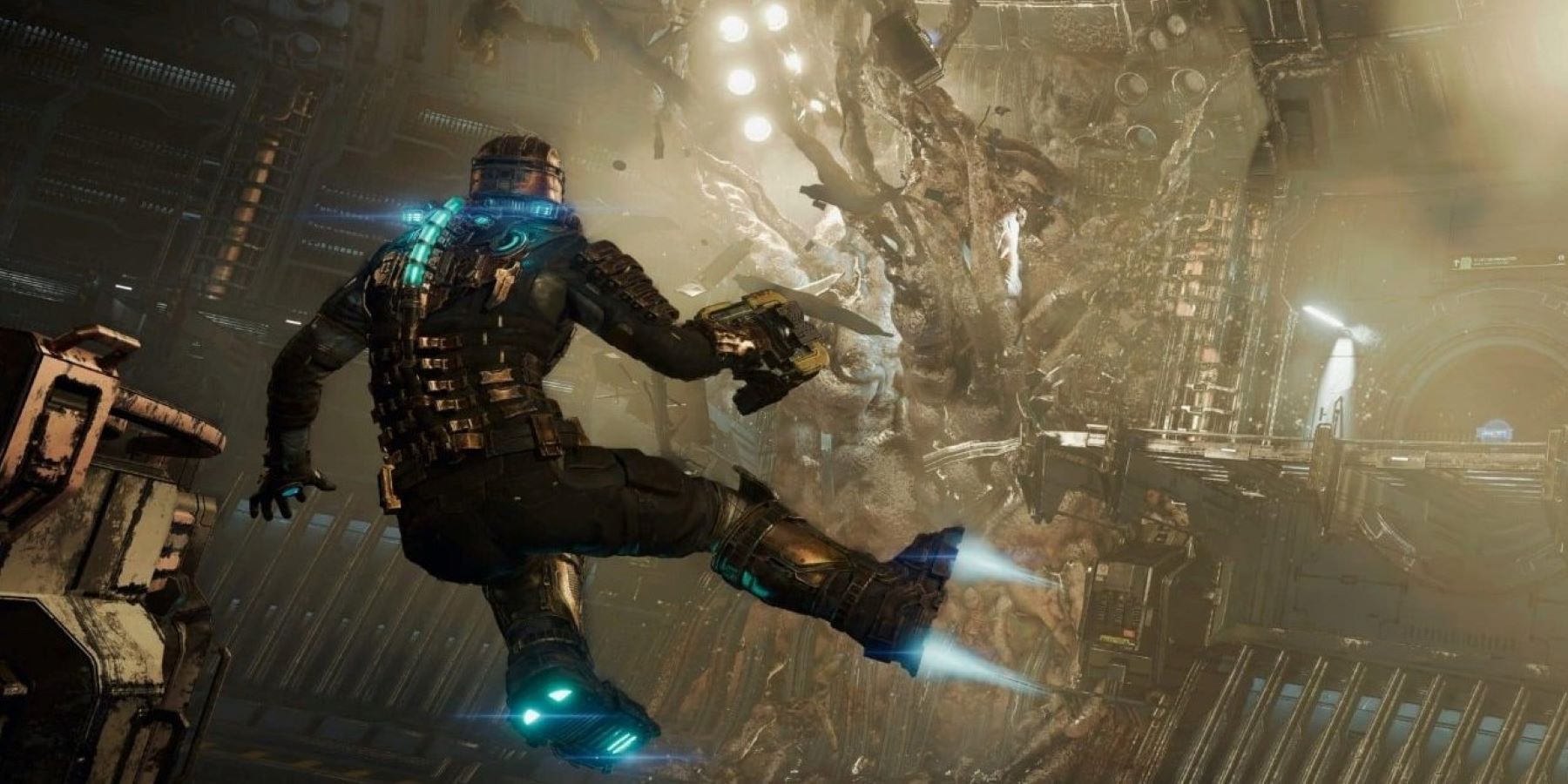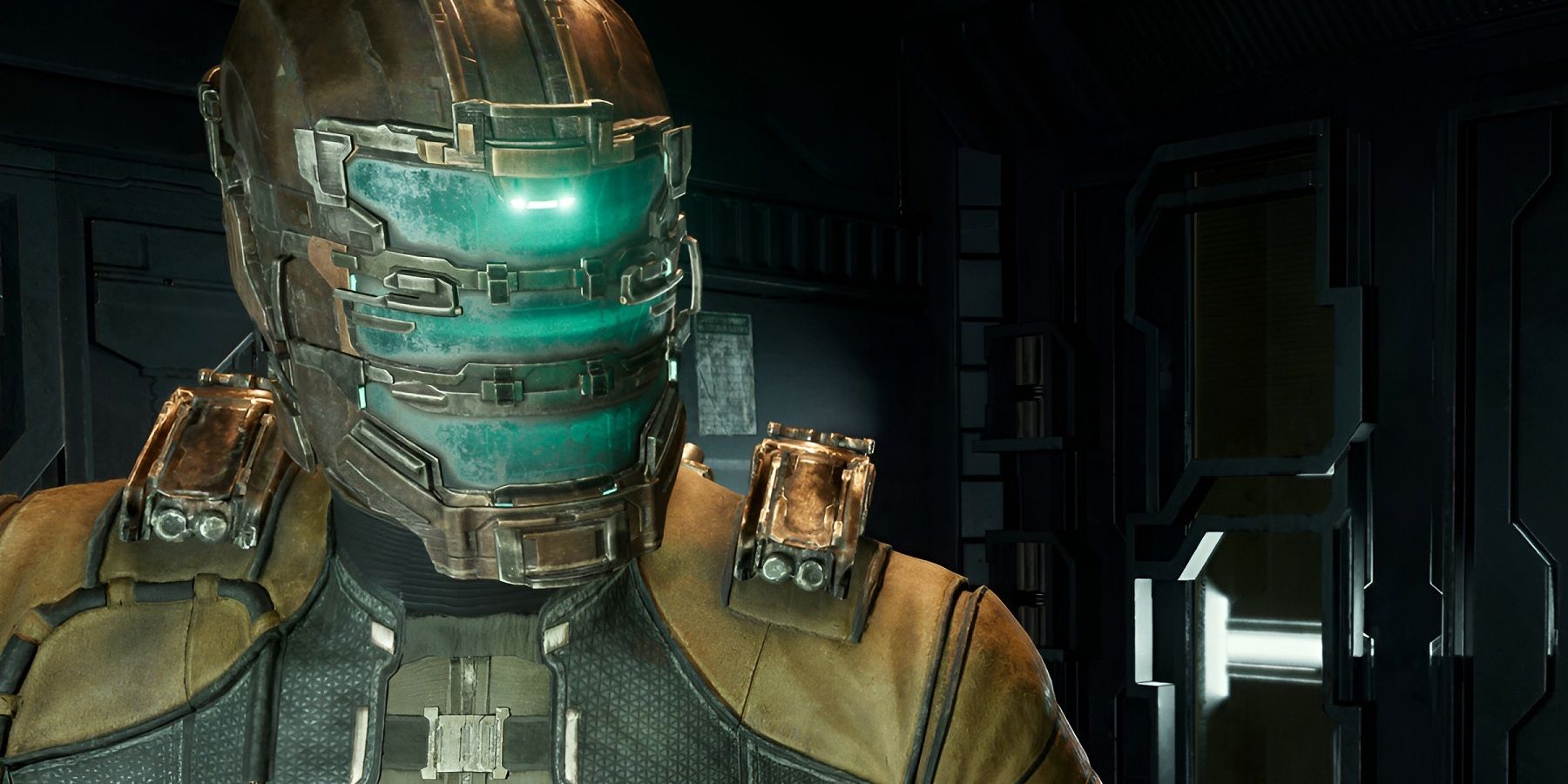2023's Dead Space remake is a hit, thanks in large part to its faithful treatment of the source material, but EA and Motive weren't content to play things perfectly safe, however. They made meaningful, albeit subtle changes to the original Dead Space that enhanced the experience across the board. One of the riskiest changes they made to the original's formula was the decision to make Isaac Clarke a fully-voiced protagonist, bringing the remake in line with the conventions of Dead Space 2 and 3. But giving a formerly mute character a meaningful presence in the story demands more than voice lines alone.
Trevor Gureckis, the composer who scored the new content for the Dead Space remake, was given a daunting task early on: connect Isaac to the story more with music. Game ZXC recently spoke to Gureckis about his approach to scoring the remake, and the first-time video game composer shared a number of insights about developing a sonic language, characterization via melody, and world-building with music.
Enhancing Isaac Clarke's Role in Dead Space
Context is extremely important to Gureckis. As a classically trained musician and composer, he was better equipped than the average gamer to understand the influences that went into Jason Grave's original score. But where the narrative was concerned, it helped to receive the Dead Space deep lore and core analysis of the story from the game's writer herself:
"I had a meeting with Jo Berry, the writer of Dead Space , and she walked me through the story and how it works, which is Dante’s Inferno essentially. Isaac is walking, making his way into the center of ‘Hell.’"
Dante's Inferno is an extremely apt literary analogy for Dead Space, possibly even more faithful to the themes of the novel than the Dante's Inferno video game adaptation. Isaac is pursuing his possibly-dead girlfriend, Nicole, in a nightmarish, isolated environment full of torment, just as Dante seeks out his love, Beatrice, in the bowels of hell. And where cut scenes are concerned, that context is as relevant and vital to the game's sound as its other sonic influences like Jerry Goldsmith's bone-chilling soundtrack for Alien, which was a clear influence on both Graves and Gureckis.
With Dante in mind, Gureckis was able to layer recurring melodic material into Isaac's cut scenes, giving the character a distinct, but evolving theme throughout the game. And putting aside a character's appearance and scripted actions, few forces are capable of characterizing people as effectively as music. Seeing an iconic video game character will often immediately call associated music to mind--and that is doubly true of excellent video game soundtracks.
Exploring Dead Space's Characters through Instrumentation
Gureckis' approach to scoring characters was a mix of structured storytelling and sonic exploration. While certain thematic targets—like boss battle music—have very structured constraints like a projected duration and unique threats that need to be reflected in music, characters demanded a more open-book approach. Gureckis' description of the process sounds less like construction, and more like discovery:
"Some of the stuff was pulled out of random places like little piano moments. And then we asked, 'What if piano moments were Nicole’s ‘thing?’ What if we made that into her theme?'"
Characters are harder thematic targets than specific scenes, which generally have fixed contexts. Boss battles and action sequences will be high-energy. Lonesome spacewalks are quiet and tense. Similarly, short songs play at fixed cues to capture specific ideas and provide the player with valuable feedback.
But characters steadily change throughout a game's narrative. A lonesome, contemplative moment with the same character may sound completely different from a romantic sequence or a heartbreaking moment featuring the same character. The key to scoring characters successfully, therefore, is to establish elements of consistency in their portrayal. Assigning characters specific instruments is one way to capture that continuity, as Gureckis did with Dead Space's Nicole. Conversely, composers can give characters a fixed melody that changes moods and instruments depending on context. Gureckis used both of these tricks and more to make the most of Dead Space's soundtrack.
Establishing Thematic Rhythm in the Dead Space Remake
As Gureckis got into the groove of composing Dead Space, certain tasks became easier. Having developed a 'language' of recurring themes and specific associations with instruments, scoring the rest of the game becomes a matter of recombining existing concepts and assets in new ways to provide more nuanced interpretations of characters and events. Rather than building themes in isolation, the music becomes a cohesive world with a creative momentum that makes composing new material easier.
Gureckis also stated that one thing that helped him develop a complex language for Dead Space was an abundance of time. Having a generous schedule allowed him to indulge his exploratory approach, as per Nicole's piano moments. "There certainly is a crunch time, where I have to sit down and write the new Hunter theme," Gureckis admitted, but hopefully more developers will look to EA and Motive's example, and give their composers ample time to explore, experiment, and discover.
Dead Space is available now for PC, PlayStation 5, and Xbox Series X|S.

